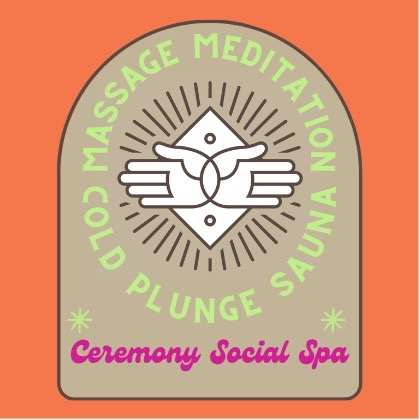Guest Blog from Katie Phillips
Most people are acquainted with the symptoms of insomnia as everyone has sleep trouble every now and then. But, when insomnia starts to interfere with your daily life, you might need acupuncture to help get your mind and body back in balance.
We’re not talking about a restless night or two but prolonged insomnia symptoms such as:
- trouble falling asleep
- waking frequently during the night
- waking earlier than needed
- excessive daytime sleepiness even after spending seven to eight hours in bed at night
- emotional changes such as increased aggression or irritability
- problems focusing or paying attention
- general anxiety about falling asleep
A 2017 study published in Sleep Medicine focused on acupuncture treatments effectiveness for treating primary insomnia, the kind that’s not related to any other medical condition. Participants were divided into two groups with one group receiving sham acupuncture treatments and the other receiving treatments that targeted insomnia and anxiety. The study is unique in that half of the participants still underwent an acupuncture treatment but not one that targeted insomnia and anxiety. Participants who received treatments that focused on the correct selection of acupoints showed more improvement in their sleep and experienced more anti-depressive effects than those who underwent the sham treatments.
Acupuncture can also be used to help those members of the population who are more at risk for sleep problems such as the elderly. A study published in Neuroscience Letters found that acupuncture can safely improve sleep quality in the elderly. The study also found that participants experienced a boost to their immune system. The improved immune health may have come from acupuncture or it could have come from the body getting more sleep, which can also improve immune system health.
Acupuncture also improves sleep by relieving anxiety. As you lose sleep, the effects of insomnia are often magnified because the brain becomes more sensitive to anxiety-inducing thoughts. Acupuncture can be used to help stop this downward cycle, leading to better sleep. A 2018 research review found that acupuncture can effectively reduce symptoms of anxiety with few side effects. As anxiety goes down, the quality and quantity of your sleep often go up.
While many of these studies show that the benefits of acupuncture last well after treatments have stopped, developing healthy sleep habits can prolong the effects of acupuncture and further prevent sleeplessness. Healthy sleep starts on a mattress that’s supportive of your body’s height and weight. It might be time to replace your mattress if lumps and valleys are waking you during the night or leaving you achy in the morning.
You can also develop good sleep habits such as:
- a consistent bedtime
- a calming bedtime routine
- exercising regularly (avoid strenuous exercise within four hours of bedtime)
- plenty of exposure to natural light
- avoiding bright screens within two to three hours of bedtime
The combination of acupuncture and healthy sleep habits can restore your physical and mental health so that you can get the rest you need.
